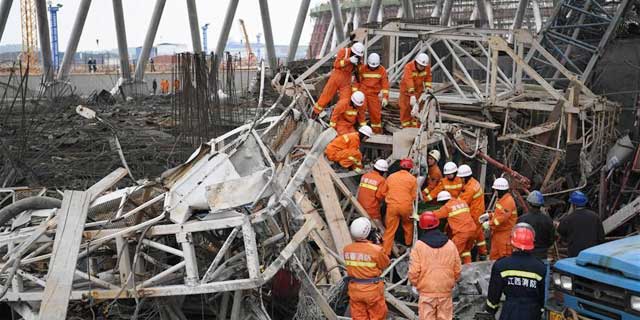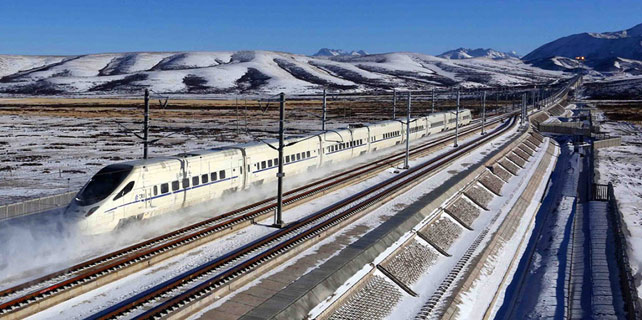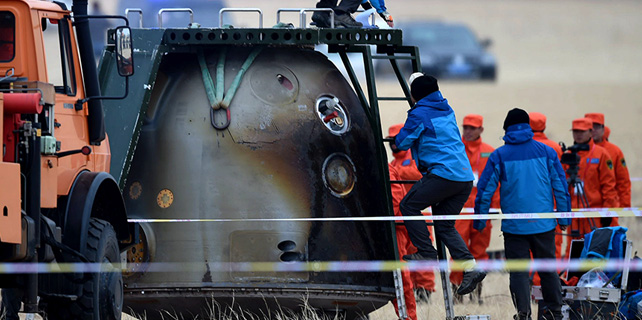The "new economy" takes off in China
BEIJING - Buying a car will soon be as much a waste of money as buying a horse.
This is how Li Guangdou, founder of consulting and branding firm Wondersee, predicts China's urban transport will be revolutionized by online mobility on-demand services such as Uber.
"Wherever you want to go, a ride is just a few taps away," he said during a forum on China's sharing economy, part of the "new economy" that is reshaping the country's economy.
While old engines such as manufacturing, real estate and exports lose steam, China has seen new growth drivers emerging, thanks to new technology, innovative business models and expanding domestic consumption.
China's leading e-commerce platform Alibaba is witness to the power of the new economy. Two weeks ago consumers spent more than 120 billion yuan ($17.4 billion) on its online stores as part of the Singles' Day shopping spree.
The scale of spending on that day alone was equal to the nation's entire annual online spending for 2009. It now takes just two days for China to generate demand for 1.5 billion packages, the annual amount for 2009, according to Jin Jianhang, president of Alibaba Group Holding Ltd.
"The Singles' Day shopping spree was a vote of confidence from consumers in China's new economy," Jin said.
Ma Jiantang, executive vice president at the Chinese Academy of Governance and former chief of the National Bureau of Statistics, said the new economy has become a bright spot for China.
The value-added output of new industries, new forms of commercial activities and new business models now accounts for more than 15 percent of China's GDP, Ma told the forum.
A slew of data testifies to the trend -- in the first three-quarters of 2016, the number of patents granted in the country surged 44.3 percent year on year; high-tech manufacturing output rose 11 percent year on year, contributing to more then 20 percent of overall industrial growth; high-tech services output increased 11 percent; online retail sales expanded 26.1 percent, outpacing overall retail sales by 15.7 percentage points.
New technologies such as the internet of things, smartphones and cloud computing better connect Chinese suppliers with the country's vast market and propels domestic consumption.
Such technologies also transformed traditional sectors, with smart manufacturing and customized production being applied to factories, Ma said.
China is pinning hopes on the new economy as quartely GDP is at its lowest since the global financial crisis. The government plans to double GDP from 2010 levels and build an all-round moderately prosperous society by 2020.
However, the new economy remains small in comparison to China's total economy, and more support from authorities is required, Ma said.
Despite impressive growth in the new economy, China's industrial output has slowed for six years in a row, while the contribution of fixed-asset investment to GDP growth fell by 16 percentage points between 2010 and 2015.
China has many advantages in developing the new economy, especially the sharing economy, due to its huge market scale, but the government needs to reduce restrictions for access to new industries, said Shen Minggao, chief executive officer and chief economist of think tank Caixin Insight Group.
To inject more energy into the new economy, the government should cede more power to the market and avoid excessive taxation and administration, said Liu Yanhua, a counsellor of the State Council.






















